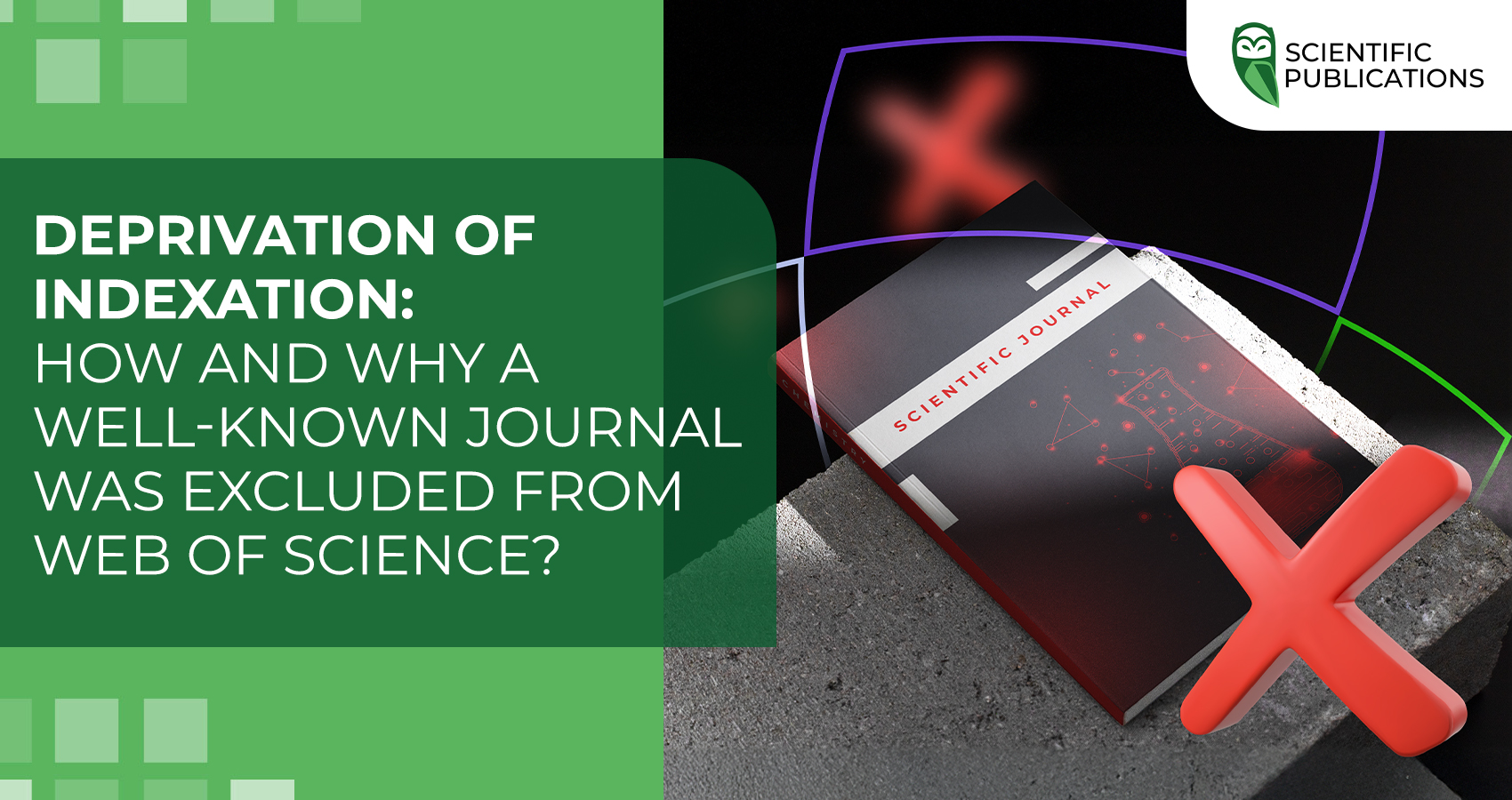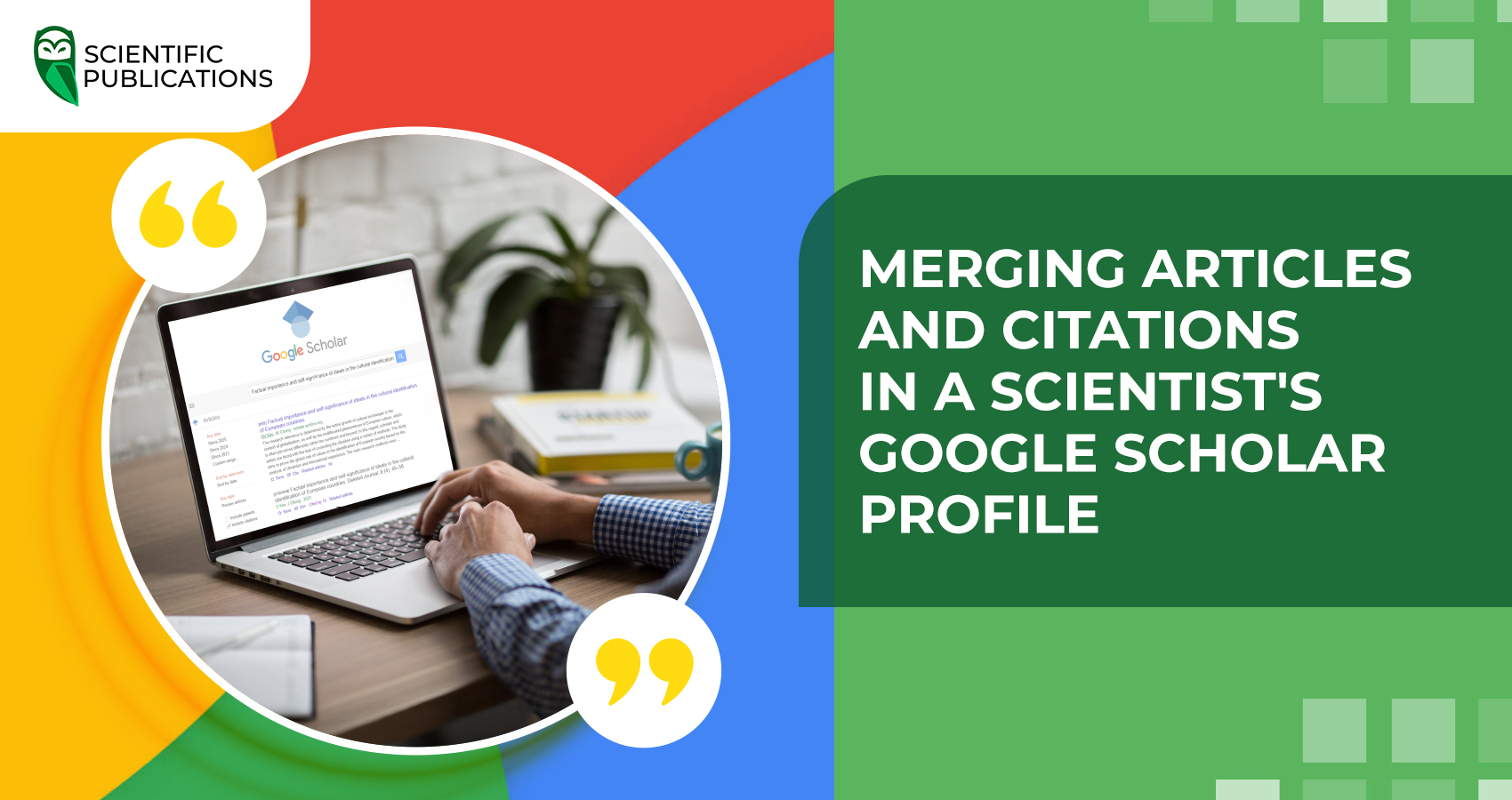Scientometric databases regularly review and exclude journals. Recently, the leading and well-known chemical journal Chemosphere, published by Elsevier, was removed from Web of Science. Why was this decision made?

The scientific journal Chemosphere
Chemosphere is an international scientific journal that specialises in publishing original research on chemicals and compounds in the environment.
The journal covers such thematic areas and sections as:
- Environmental Chemistry
- Environmental toxicology and risk assessment
- Treatment and rehabilitation
Problems with publications in the journal Chemosphere
Problems with publications in the journal became noticeable in 2024. According to Retraction Watch, concerns began to appear online as early as March 2024, covering both articles in specialised and regular issues of Chemosphere.
In May, it was noted that more than 60 articles published in Chemosphere had had a note of concern added to them. In December of the same year, 8 articles were retracted. The reasons given in the various cases were varied, including unusual changes in authorship of articles before publication and potential manipulation of citations.
Not long ago, the journal was at the centre of a scandal due to the publication of a study in September 2024, which focused on the high level of flame retardants in black plastic tableware. This caused a wide media response. On 15 December, the authors of the study published a correction in which they acknowledged an error in their assessment of the health effects of flame retardants. It turned out that this exposure was actually much lower than the safe daily reference dose, and not close to it, as previously stated.
The decision to remove Chemosphere from the Web of Science
On 12 December 2024, the journal issued a statement saying that it had conducted a “thorough investigation” into the controversial articles and was taking “decisive action” to ensure academic integrity, including by retracting articles and publishing statements of concern.
On 16 December, Clarivate decided to remove the journal Chemosphere, which had an impact factor of 8.1 in 2023, from the Web of Science index due to non-compliance with editorial quality requirements.
This exclusion has significant implications for the journal and its authors, as it may affect the quantitative indicators of their publications, which are often used to make decisions about employment, career growth and promotion. In addition, journals that are not indexed in well-known databases have problems attracting new authors.
How to choose a scientific journal to publish a research article?
Choosing a scientific journal is not an easy task, as there are many indicators to analyse. Responsible choice of a scientific publication ensures the visibility of your research, promotes the popularisation of your work, and increases your visibility and influence in the international scientific community.
As practice shows, even the most well-known and prestigious scientific journals can be excluded from international databases for various reasons, such as changes in editorial policy, failure to meet publication requirements, or other factors that affect their reputation. This emphasises the importance of a cautious and careful approach to choosing a journal to publish your research. It is necessary to carefully assess its reliability, indexing, and reputation in the scientific community. Choosing the right journal affects not only the visibility of your work, but also your career prospects, as excluding a journal from the database reduces your academic performance, including the Hirsch index.
“Scientific Publications” constantly monitors updates in international databases and, thanks to its many years of experience, can make predictions about which journals may be excluded in the near future. If you need assistance in choosing a journal to publish a scientific article, contact “Scientific Publications”. Our experts will help you choose a scientific publication that meets your needs and requirements, as well as advise on the formatting of your work in accordance with the journal's requirements. Together to a successful publication!





